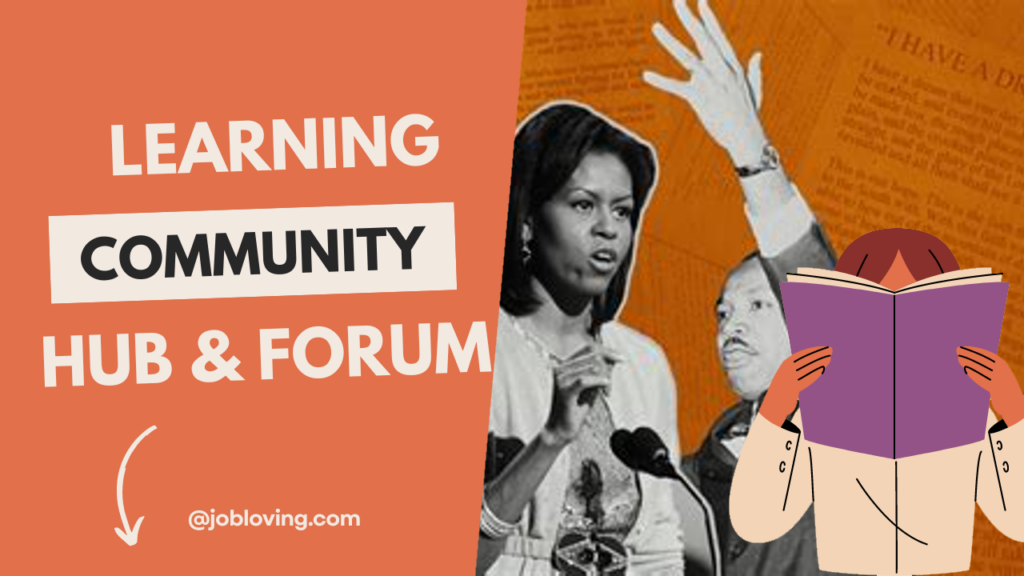Have you ever heard a speech so powerful that it left you utterly breathless? One that reverberates through history like a thunderclap, inspiring generations? Well, buckle up because we’re diving into the world of rhetoric and history to uncover one of the best persuasive speeches ever given!
The Short Answer : Martin Luther King Jr.’s “I Have a Dream”
When you think of impactful speeches, it’s hard to ignore the monumental weight of “I Have a Dream” by Martin Luther King Jr. This iconic address not only captivated an audience but also catalyzed a movement. It’s often hailed as the benchmark of persuasive oratory in American history.
Delivered during the 1963 March on Washington for Jobs and Freedom, this speech made a profound emotional appeal, expertly weaving King’s vision of racial equality and justice into the fabric of American ideals. With powerful imagery and rhythmic cadence, his words painted a vivid picture of a future where people would be judged by their character rather than their skin color. The phrase “I have a dream” became a rallying cry for civil rights, illustrating King’s hope for a united and free America. The speech’s ability to resonate deeply with so many—both then and now—is a testament to its historical significance and emotional potency.
In summary, Martin Luther King Jr.’s “I Have a Dream” stands tall among persuasive speeches as a powerful reminder of the fight for equality and justice. Its legacy continues to inspire activists and leaders today, proving that words can indeed spark monumental change.
If you’re eager to explore more inspiring speeches or want to discuss your thoughts, join our JobLoving community! We’re all ears for your questions and insights!
Key takeaways about What was the best persuasive speech ever given?
Historical Significance of Persuasive Speeches
- Persuasive speeches throughout history have inspired significant social and political changes across nations globally.
- Historical speeches frequently serve as catalysts for significant social and political change across societies.
- Many of the most famous speeches emerged during times of crisis or significant societal upheaval.
- The legacy of these speeches continues to inspire movements for justice and equality today.
- Historical context plays a crucial role in understanding the impact and significance of a speech.
Influential Speeches and Their Context
- Queen Elizabeth I’s Tilbury speech is credited with boosting morale during the Spanish Armada conflict.
- Patrick Henry’s “Give Me Liberty or Give Me Death” spurred Virginia’s participation in the Revolutionary War.
- Mahatma Gandhi’s Quit India speeches called for immediate independence and passive resistance against British rule.
- Eleanor Roosevelt’s UN speech led to the adoption of the Universal Declaration of Human Rights globally.
- Martin Luther King Jr.’s “I Have a Dream” speech galvanized the American civil rights movement effectively.
- Nelson Mandela’s Rivonia Trial speech inspired resistance against apartheid, shaping South Africa’s political landscape.
- Ronald Reagan’s Brandenburg Gate address challenged Soviet leadership, influencing the Cold War’s eventual resolution.
- Woodrow Wilson’s address to Congress marked America’s shift from isolationism to global leadership in WWI.
- Abraham Lincoln’s Gettysburg Address emphasized unity and healing post-Civil War for a divided nation.
- Sojourner Truth’s “Ain’t I A Woman” powerfully challenged gender and racial discrimination in the 1800s.
- Susan B. Anthony’s speech condemned gender-based disenfranchisement, advocating for women’s suffrage and equality.
Elements of Effective Persuasion
- Effective oratory combines passion, clarity, and a strong moral vision to motivate listeners.
- The ability to evoke strong emotions is a hallmark of the most persuasive speeches in history.
- Rhetorical devices in speeches often enhance emotional connection and persuasion among audiences.
- Speeches that resonate often include personal anecdotes to create relatability and authenticity for audiences.
- King’s improvised sections during his speech demonstrated the emotional connection and urgency of the civil rights cause.
- Gandhi’s speeches not only advocated for independence but also emphasized the power of non-violent resistance.
- Patrick Henry’s oratory skills influenced future leaders like Jefferson and Washington, shaping America’s foundation.
Thematic Impact of Speeches
- Persuasive speeches often address urgent moral and ethical issues relevant to their contemporary audiences.
- The diversity of impactful speeches reflects a wide range of social, political, and historical contexts.
- Queen Elizabeth I’s speech transformed her image from queen to war leader, showcasing the power of rhetoric.
- Mandela’s imprisonment became a symbol of resistance, highlighting the sacrifices made for freedom and justice.
- Historical speeches serve as powerful reminders of the potential for words to enact real-world change.
- The impact of these speeches continues to resonate today, inspiring new generations to advocate for change.
- The Universal Declaration of Human Rights is the most translated document, reflecting its global significance.
- King’s speech at the Lincoln Memorial drew a crowd of 250,000, showcasing widespread support for equality.
- Mandela’s four-hour speech at the Rivonia Trial highlighted the struggle against apartheid and inspired future activism.
- Reagan’s speech symbolized hope for a divided Germany, contributing to the eventual fall of the Berlin Wall.
Enduring Influence of Key Speeches
- Martin Luther King’s “I Have a Dream” speech remains the most impactful speech in history.
- Eleanor Roosevelt’s role in the UN emphasized the importance of human rights following World War II.
- The speeches of influential figures like King, Gandhi, and Mandela remain touchstones for modern activism and advocacy.
- Ronald Reagan’s Brandenburg Gate speech is remembered as a pivotal moment in Cold War history.
- The relevance of these speeches continues in contemporary discourse around rights and justice.
- Historical speeches have lasting legacies that educate and mobilize today’s advocates.

